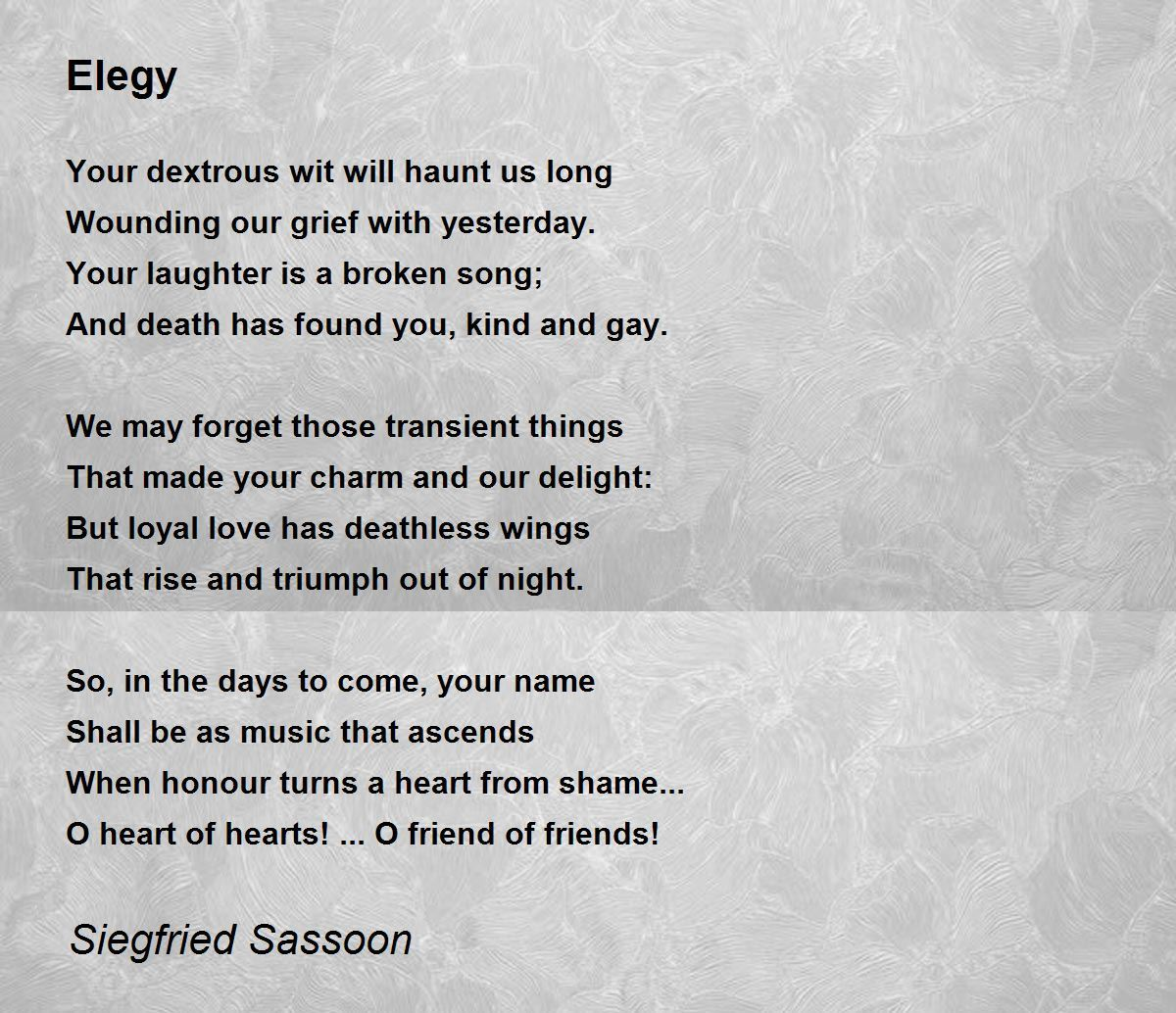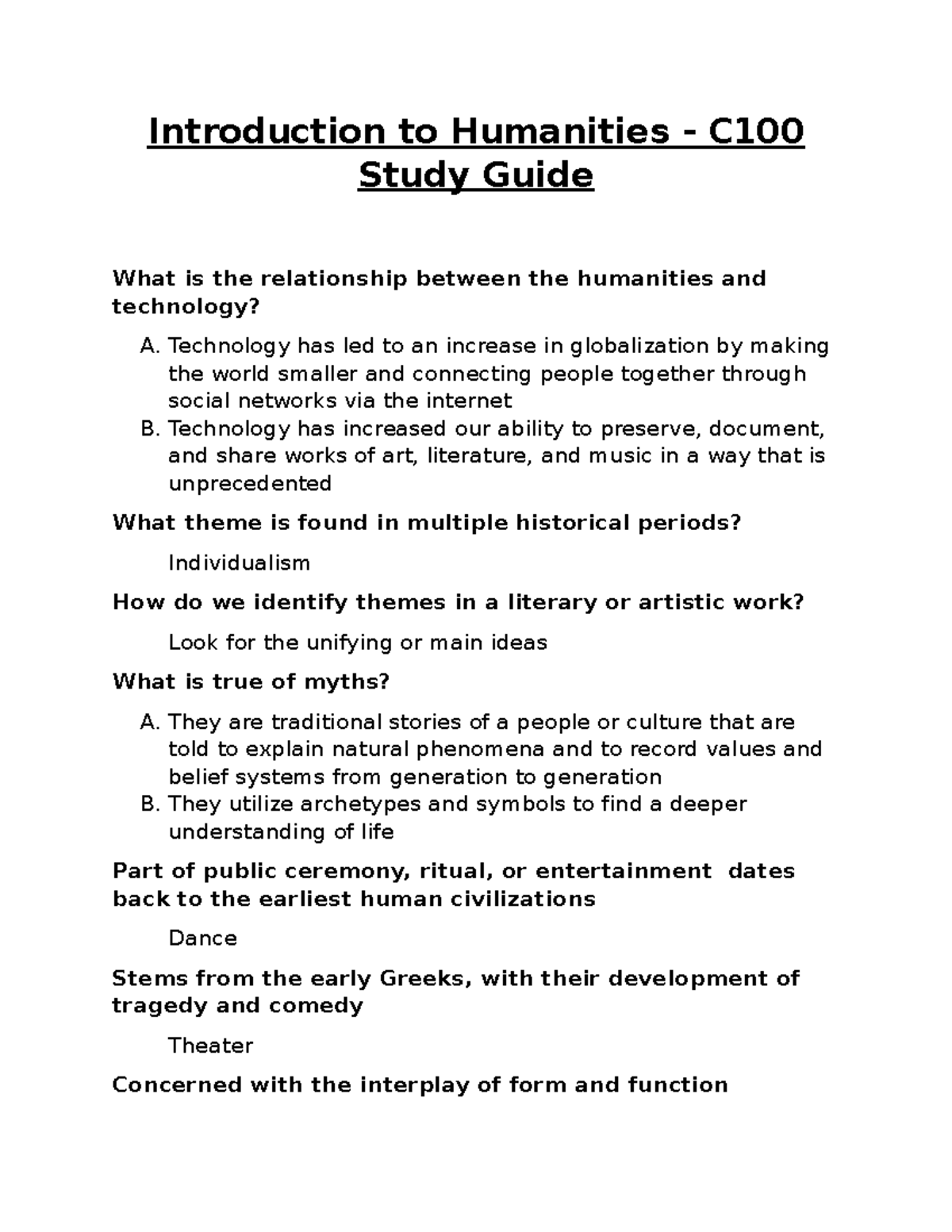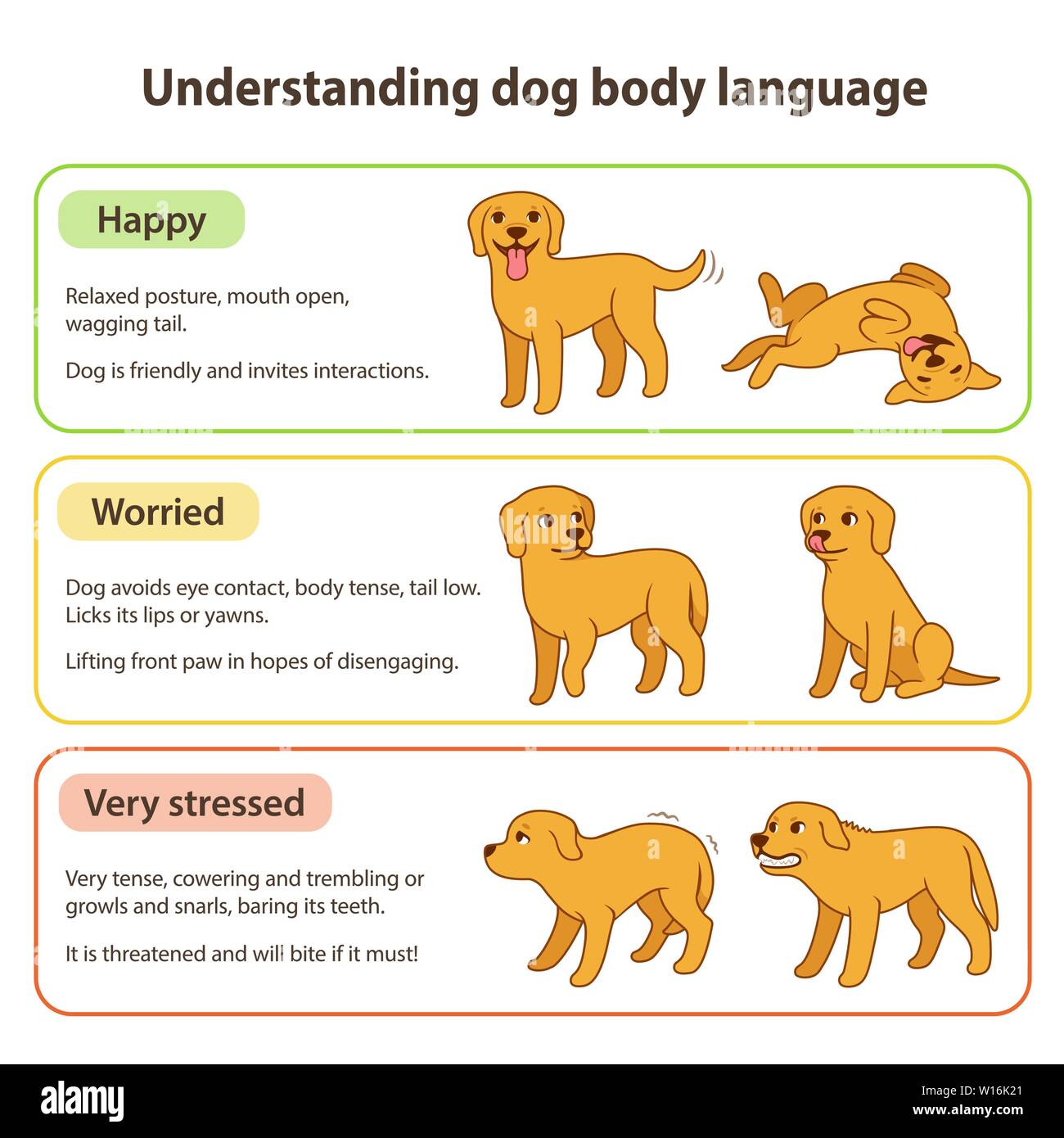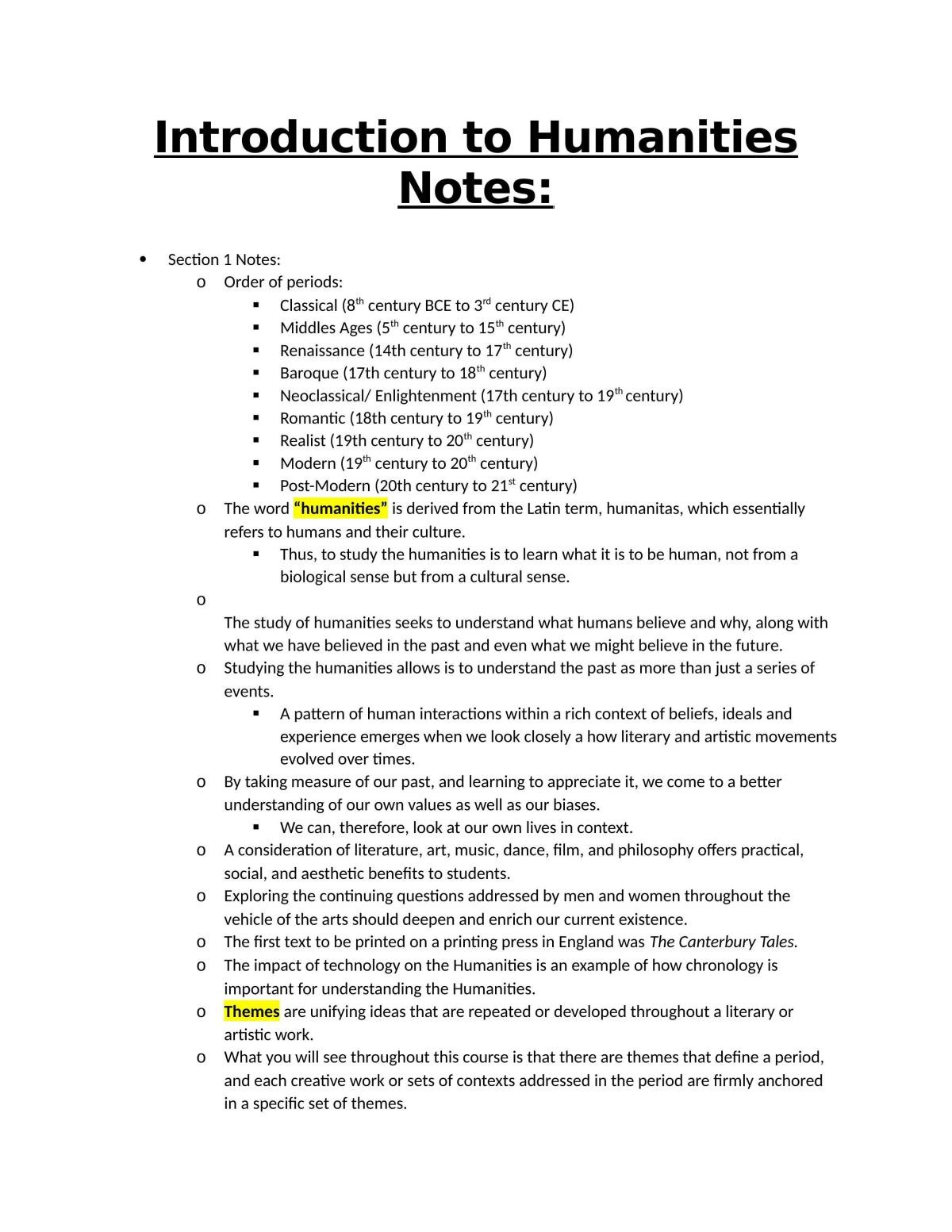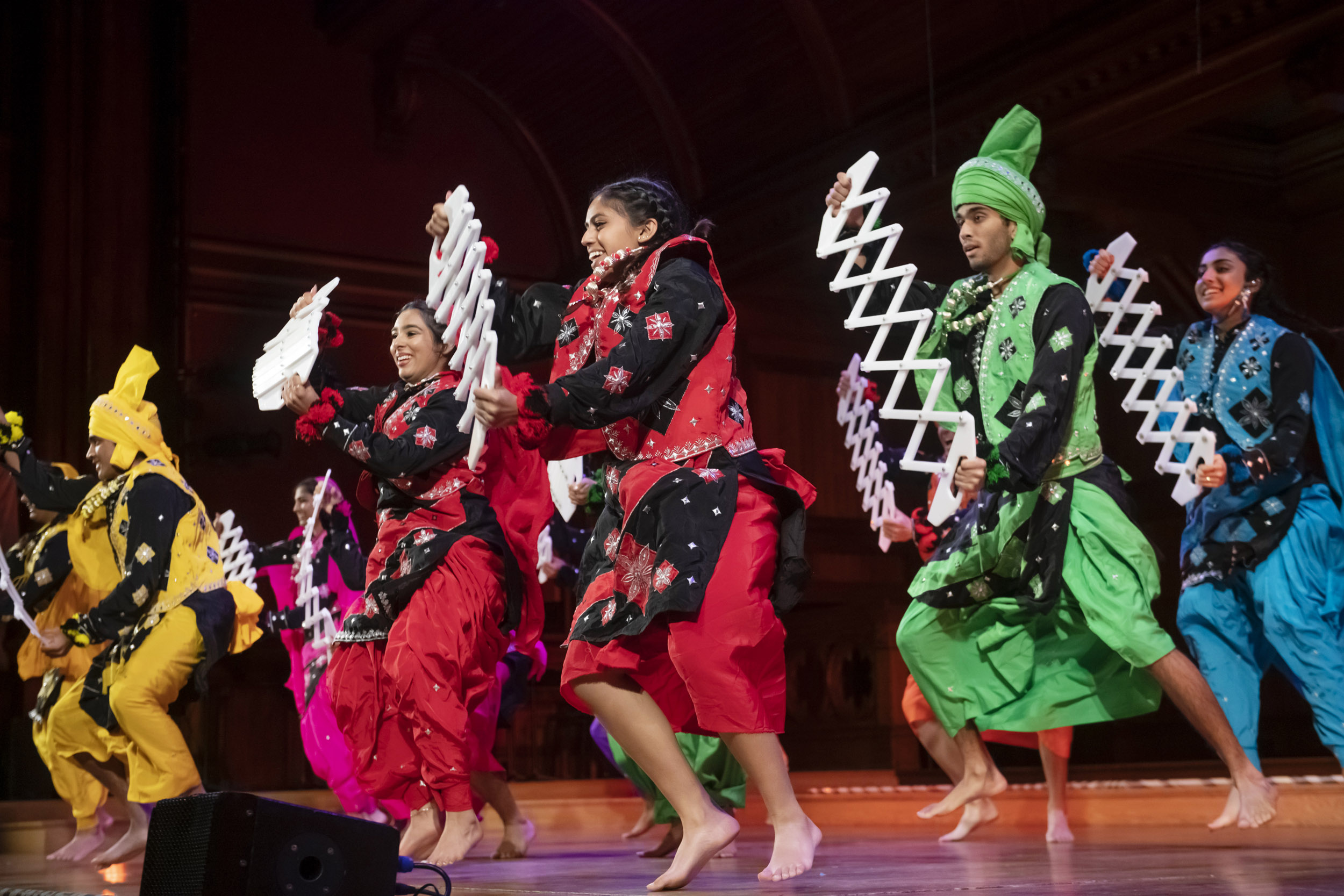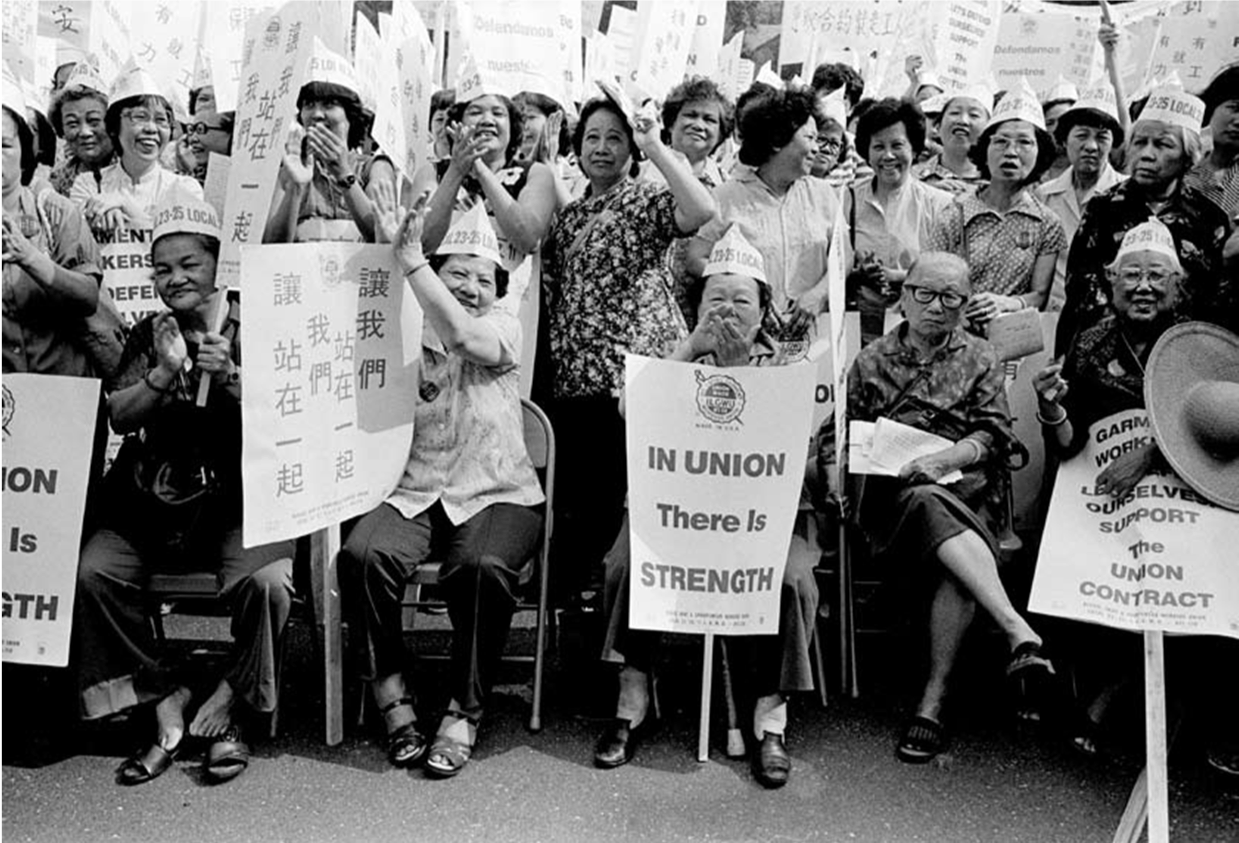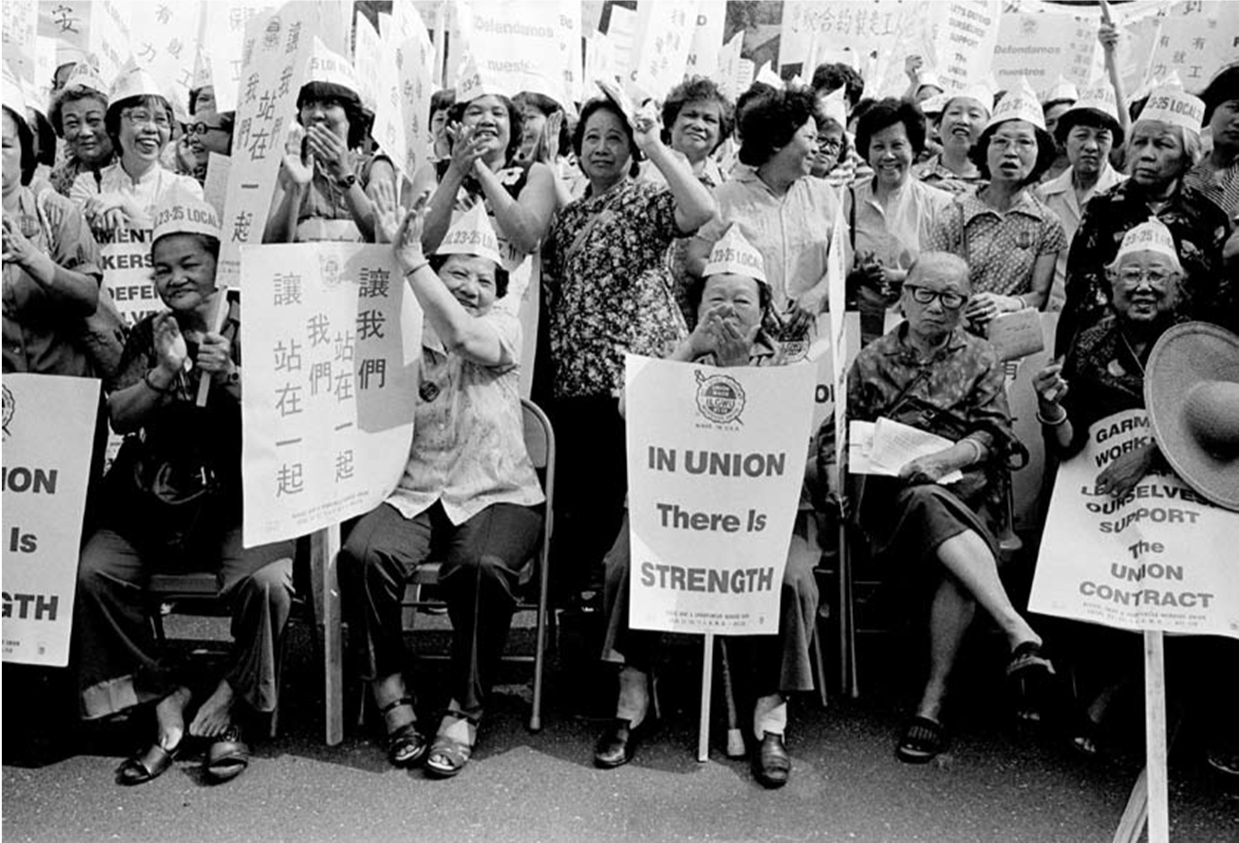Elegy poetry serves as a powerful vehicle for expressing sorrow and reflection, especially in times of great loss. This poignant form not only honors those who have passed but also allows the living to articulate their grief in a creative and cathartic manner. Led by esteemed poets Karen Elizabeth Bishop and David Sherman, the recent Elegy Project workshop at Harvard’s Woodberry Poetry Room invited participants from diverse backgrounds to explore the depths of their emotions through writing elegies. As the pandemic heightened feelings of isolation and mourning within our communities, these gatherings became essential spaces for collective healing and expression. With an aim to cultivate connection, both through poetry and shared experiences, this initiative exemplifies how community poetry can transform individual grief into a shared narrative of remembrance and resilience.
The realm of elegiac verse encapsulates the essence of lamentation and tribute, embodying a timeless tradition of mourning the departed while navigating the emotional landscape of loss. Alternative terms such as memorial poems or tribute verses often circulate in discussions surrounding these poignant works, highlighting their role in fostering emotional expression and connection among writers and readers alike. In workshops dedicated to crafting these reflective pieces, participants engage not only with their own feelings but also with the communal experiences of grief that resonate universally. Through projects like the Elegy Project, participants are encouraged to articulate their innermost thoughts and feelings, providing a tangible counter to the isolation often felt in moments of sorrow. Such creative endeavors not only honor those we have lost but also reaffirm our shared humanity in the face of loss.
Understanding Elegy Poetry
Elegy poetry stands as a poignant expression of loss, capturing the essence of mourning and the human experience of grief. This literary form, historically meant to commemorate the deceased, encapsulates deep emotions through lyrical artistry. In workshops centered around elegy, such as those highlighted at Harvard’s Woodberry Poetry Room, participants are drawn into the intimate act of writing their own elegies. This allows individuals to confront personal grief, as well as appreciate the shared human condition of loss, creating a powerful communal bond among writers.
At the heart of elegy poetry lies the ability to articulate sorrow and reflection with beauty and grace. The workshops led by creatives like Karen Elizabeth Bishop and David Sherman emphasize this connection to grief. By encouraging participants to both write and read their elegies, these gatherings provide a safe atmosphere for exploring profound emotions. As attendees recount their experiences through poetry, they foster a collective dialogue around loss, transcending personal isolation and fostering a community of shared healing.
The Role of Community in Poetry Workshops
Community plays a crucial role in the effectiveness of poetry workshops, especially those focused on topics as sensitive as elegy and grief. In the Harvard workshops, a diverse group of participants—from doctoral candidates to retired artists—collaborated to express their thoughts on loss and memory through the lens of poetry. These gatherings enable individuals to break away from their solitary writing habits, prompting them to engage with peers for feedback and emotional support. As a result, the act of writing elegies becomes not only a personal journey but also a shared experience that unites diverse voices.
Moreover, workshops such as the Elegy Project strive to make poetry accessible to everyone, reinforcing the notion that poetry belongs to the community at large. By providing prompts and resources, facilitators guide participants to explore their creativity without the pressures that often accompany personal writing. This atmosphere of encouragement invites the discovery of new voices and themes in the elegiac form, as community members learn to articulate their grief collectively, reminding each other that they are not alone in their experiences.
Crafting Elegies: Techniques and Inspirations
Writing elegies requires a deep dive into the techniques of poetic expression and an understanding of one’s emotional triggers. Workshops like those offered at the Woodberry Poetry Room extensively provide insights into craft, using prompts to inspire creativity. Participants are encouraged to explore various forms and styles, examining the works of established poets to find their unique voices. Through this exploration, they can learn how to weave personal narratives into their elegies, effectively bridging the gap between their individual stories and the universal themes of loss and remembrance.
Additionally, effective elegiac writing often draws inspiration from nature, memory, and significant life experiences. Workshop leaders encourage participants to reflect on their own relationships and losses, prompting them to connect their personal narratives with broader themes of human experience. This method not only enhances the depth of their elegies but also fosters a richer understanding of how poetry can serve as a tool for healing. Through crafting elegies that resonate with their emotional truths, participants contribute to a growing discourse on poetry and grief in the contemporary literary landscape.
The Power of Poetry and Grief
Poetry has long been a powerful medium through which individuals can process grief and mourning. In the context of community poetry workshops, participants often find solace in expressing their feelings through verse. The sharing of elegies can lead to catharsis, as writers confront loss head-on and communicate emotions that may be difficult to verbalize in everyday life. This transformative nature of poetry allows for a deeper understanding of grief—not just as an individual experience, but as a shared aspect of the human condition.
Furthermore, workshops like the Elegy Project aim to demystify the relationship between poetry and grief, encouraging individuals to see poetry as inclusive and accessible. By inviting community members to engage with poetry, workshop leaders reinforce the idea that anyone can write about their experiences and share their elegies. The collective sharing of grief stories through poetry not only strengthens communal ties but also illuminates the various ways in which different cultures and backgrounds process loss.
The Elegy Project: Bridging Solitude and Community
The Elegy Project is a remarkable initiative that seeks to bridge the gap between solitary grief and communal healing through poetry. By placing elegy poems in public spaces, co-founders Bishop and Sherman create a unique dialogue around loss, inviting strangers to engage with the shared experience of mourning. This concept distills the essence of elegy, transforming it from a personal reflection into a communal expression that validates and acknowledges collective grief.
Moreover, the Elegy Project emphasizes the accessibility of poetry as a medium of expression. By providing platforms for writers to share their elegies and stories, the project fosters a sense of belonging among participants. This approach not only mitigates the feelings of isolation often associated with grief but also empowers individuals to confront their emotions openly, reinforcing the importance of community in the literary arts. Such endeavors highlight the profound impact that collective engagement can have in transforming the landscape of poetry and grief.
Engaging Diverse Voices in Poetry
An essential aspect of poetry workshops is their ability to engage diverse voices, enriching the conversations around elegy and grief. At the Woodberry Poetry Room, participants hailing from varied backgrounds come together to explore their experiences through poetry. This diversity fosters a collaborative environment where individuals feel empowered to express themselves and draw from one another’s insights as they craft their elegies.
Additionally, inviting voices from different life stages and experiences leads to a broader understanding of themes in elegiac writing. For instance, the interactions between seasoned poets and those new to the craft create a dynamic exchange of ideas and perspectives. This nurturing of new voices in poetry is particularly valuable in workshops that center on issues of loss and remembrance, emphasizing a communal approach that resonates with the project’s core mission of making grief less lonely.
Lamentation and Creativity: A Poetic Exploration
Lamentation is an intrinsic part of elegy poetry, serving as a conduit for emotional expression and creative exploration during workshops. Participants are encouraged to embrace their grief and transform it into art. This process not only serves as a therapeutic outlet but also opens up avenues for creativity, allowing writers to experiment with language, imagery, and form in their elegies.
Through techniques like guided prompts and group discussions, participants learn to navigate their emotions, turning personal sorrow into a communal form of art. By sharing their lamentations, they inspire each other to push the boundaries of traditional elegy, leading to innovative poetic expressions. This blend of personal feeling and collaborative creativity not only enriches the experience of writing elegies but also serves to deepen the understanding of how art can emerge from pain and loss.
The Impact of Poetry Workshops on Personal Growth
Poetry workshops, particularly those focused on elegy, can significantly impact participants’ personal growth and emotional resilience. As writers engage with their feelings of grief, they develop a greater understanding of their emotional landscapes, fostering a sense of self-awareness and healing. This exploration often leads to profound personal insights, enhancing their ability to articulate complex emotions through poetry.
Furthermore, the supportive environment of community workshops nurtures creative confidence, empowering individuals to take risks in their writing. Participants find the courage to explore difficult subjects and tap into their vulnerabilities, which can be incredibly freeing. As they craft their elegies, the process of externalizing grief through poetry not only promotes healing but also contributes to personal transformation, allowing individuals to emerge stronger and more articulate.
Exploring the Future of Elegy in Contemporary Poetry
As society continues to navigate the complexities of grief, the future of elegy in contemporary poetry appears bright, particularly in community-driven initiatives like the Elegy Project. Poets and workshop leaders are increasingly recognizing the relevance of elegy as a tool for processing loss and fostering conversation around difficult topics. By encouraging fresh perspectives from emerging poets, the landscape of elegy is continuously evolving to address the nuanced experiences of grief in modern society.
Additionally, as more individuals engage with poetry as a means of expression, we can anticipate a growing interest in exploring elegiac themes. The cross-pollination of ideas through workshops not only enhances the richness of poetry but also encourages diverse voices to contribute to the ongoing dialogue about grief. This amalgamation of experiences and insights ensures that elegy remains a vital and relevant form of artistic expression, providing a platform for communal healing in an ever-changing world.
Frequently Asked Questions
What is elegy poetry, and how is it related to grief?
Elegy poetry is a form of writing that honors and laments loss, often reflecting on death or departure. It serves as a vehicle to process grief, making it a powerful tool in poetry workshops focused on themes of mourning and remembrance.
How can participating in a poetry workshop enhance my understanding of elegy poetry?
Engaging in a poetry workshop can greatly deepen your understanding of elegy poetry by providing the structure, guidance, and community support needed to explore themes of loss. In workshops like the Elegy Project, you’ll learn how to articulate your own experiences of grief and connect with others through shared poetic expressions.
What can I expect from a community poetry event focusing on elegy poetry?
A community poetry event centered on elegy poetry will offer participants an opportunity to share personal stories of loss and craft their own elegies. Expect interactive prompts, readings from established poets, and a supportive environment to explore your emotions and enhance your poetic skills.
What are some tips for writing elegies in a poetry workshop setting?
When writing elegies in a poetry workshop, focus on expressing raw emotions and vivid memories. Use prompts provided by workshop leaders to inspire your writing and embrace the communal experience of sharing your elegy, allowing your grief to be acknowledged and transformed into art.
How does the Elegy Project approach the theme of grief in poetry?
The Elegy Project incorporates the theme of grief in poetry by creating accessible spaces for individuals to express their feelings of loss. By distributing poetry cards in public, the project aims to alleviate the loneliness associated with grief and foster a sense of community through collective mourning.
Why is elegy poetry considered an important aspect of contemporary writing workshops?
Elegy poetry is vital in contemporary writing workshops as it addresses universal human experiences of loss and memory. Workshops that focus on elegy facilitate meaningful conversations about grief, allowing participants to connect with their emotions and the broader community, making poetry a shared healing process.
Can writing elegies in a workshop help with personal healing?
Yes, writing elegies during a workshop can facilitate personal healing by allowing individuals to process their grief creatively. Through the act of writing and sharing, participants can articulate their emotions, find solace in community support, and gain new perspectives on their experiences.
What role does community play in the writing of elegy poetry?
Community plays a crucial role in writing elegy poetry by creating a supportive environment where individuals can share their grief and experiences. Community poetry workshops like the Elegy Project foster connections, providing a space to explore emotions in a collective setting, making the process of mourning less isolating.
| Key Aspect | Details |
|---|---|
| Workshop Participants | A mix of poets and non-poets, including doctoral candidates and retired painters. |
| The Elegy Project | A public initiative encouraging people to express grief through poetry and make it less lonely. |
| Purpose of Elegy | To honor the dead, explore human emotions, and connect people through shared experiences of loss. |
| Workshop Goals | To foster community engagement and inspire creativity in writing elegies using prompts and exploration. |
| Notable Event | Poet Peter Gizzi read from his work, ‘Fierce Elegy’, highlighting the significance of elegy in contemporary poetry. |
Summary
Elegy poetry has emerged as a profound form of expression, particularly in the context of collective grief experienced during the pandemic. Through workshops like the Elegy Project, poets and participants explore the depths of mourning and the universal human condition of loss. These gatherings not only foster creativity and emotional release but also serve to connect individuals, making them feel less isolated in their grief. As poets gather to share and write, they embrace the essential human impulse to mourn, honor, and ultimately find solace in the poetic form of elegy.

